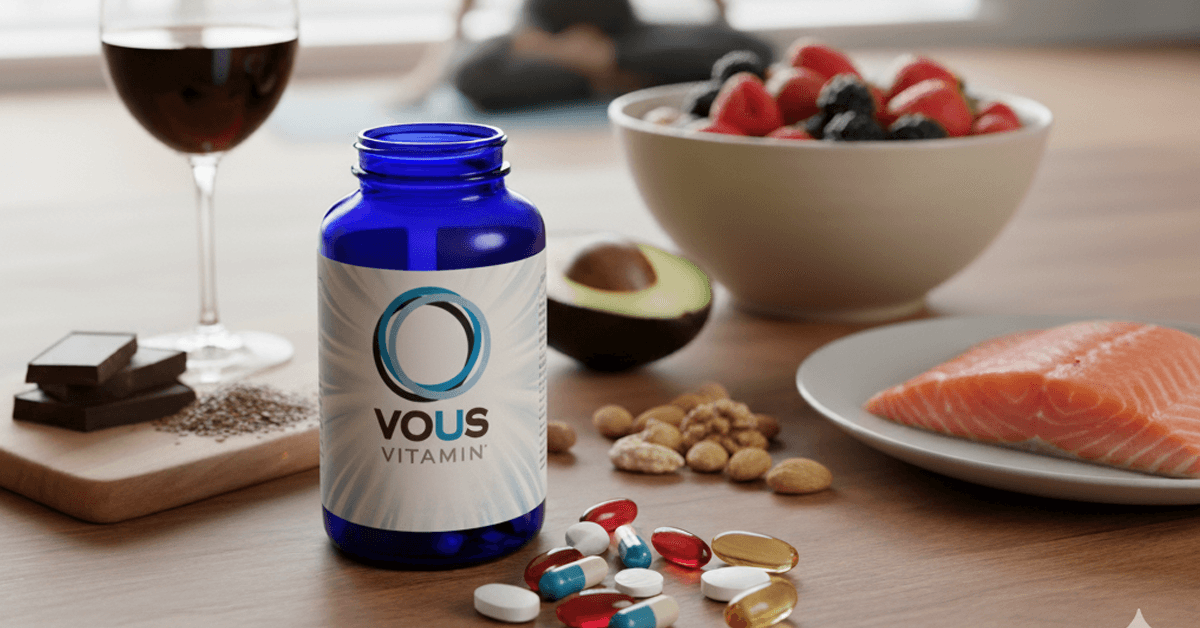

An article in the this week’s Wall Street Journal reveals some very interesting correlations between vitamin deficiencies and severe illness with COVID. While this information is far from definitive it sheds some light on things we, as physicians and vitamin experts, already suspected about the role vitamins can play in immune support.
The article suggested that people with vitamin D deficiency are likely more at risk for COVID 19 infection and severe symptoms. This is based on looking at data from European countries- the countries with lower vitamin D levels seem to have been hit harder with higher infection rates and severity. Vitamin D deficiency may also have an association with higher levels of inflammation, then leading to more severe illness. They also looked at the fact that we know COVID 19 is disproportionately affecting those in black and latino populations– these are groups also known to have higher rates of vitamin deficiencies.
We know that people with darker skin color are more at risk for vitamin D deficiency. Melatonin in their skin essentially blocks absorption of vitamin D from sunlight and conversion of the D to its active form. Many if not most Americans have some degree of vitamin D deficiency if they are not taking a supplement but people with darker skin tend to have lower baseline levels of vitamin D and require higher doses of vitamin D supplementation to achieve a normal level.
Staying healthy remains top of mind for everyone these days. We come back to the question we are constantly being asked:
What vitamins and supplements should you take to help prevent COVID?
As we all weather these unusual times, the tendency is to look for simple quick fixes to help our health. Just as we are finding out that there is no quick way out of the COVID crisis, rather we are all in this for the long haul– improving your health involves many small steps that can add up to great improvements over time. Taking vitamins alone is no guarantee against illness, but certainly it is one thing among many, that we can do to build up are arsenal against illness.
Take advantage of any extra time you may have now to focus on your health. Take care to eat a healthful diet, get good sleep, exercise and to take a healthy vitamin regimen. A custom daily vitamin regimen is a great easy step to take from the comfort of your own home. We are hoping that many of us can emerge from the COVID crisis healthier than we started. Take your personalized vitamin quiz now.
A recent Israeli study confirms the link between Vitamin D deficiency and severe COVID infection. Not only were patients with vitamin D deficiency, 14 times more likely to have a severe or critical case of COVID-19 but the mortality rate for those with low vitamin D levels was 25.6%, compared with 2.3% among those with normal levels. This analysis again points to a major link between vitamin deficiencies and risk for severe infection. As we move forward from the pandemic it seems crucial that we continue to address vitamin deficiencies to boost our immunity from future infections. The role of proper use of vitamins in health continues to be confirmed by medical research.
Romy Block specializes in Endocrinology and Metabolism and is mother to three active adolescent boys. Arielle Levitan is a Doctor of Internal Medicine with a special interest in Preventive Medicine and Women’s Health. She is a mother of three teenagers. As professional women with active family lives, they recognize that people often neglect their own health needs and are uncertain about what vitamins to take. Each person is different in her diet, exercise and health history, and will benefit from different nutrients. After years of advising their patients about the proper vitamins to take, Drs. Block and Levitan created Vous Vitamin® to provide people everywhere with quality vitamins that are suited to their individual needs. They are authors of the award winning The Vitamin Solution: Two Doctors Clear Confusion About Vitamins and Your Health (She Writes Press, 2015). Take your vitamin quiz now to get exactly the right vitamins for your needs.
The statements made in this article have not been evaluated by the Food and Drug Administration. The products offered by Vous Vitamin® are not intended to diagnose, treat, cure, or prevent any disease.
Nothing contained herein is intended to be a diagnosis or constitute medical advice. The symptoms described in this Blog may be a result of a serious medical condition which requires medical treatment. You should consult with your doctor if you are experiencing any of the symptoms mentioned in this Blog and before beginning any vitamin or supplement regimen.

The role of standard multivitamins has been called into question lately. And it very well should be. Recent studies have questioned multivitamins usefulness and suggested their potential for harm. To those of us in the multivitamin insights.

By Romy Block M.D. and Arielle Levitan M.D. To B or Not to B… That is always the question. What supplements are worth taking, not worth taking and which ones are safe and will not B vitamin guide.





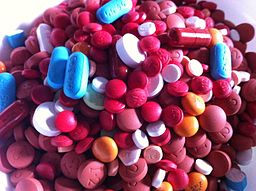


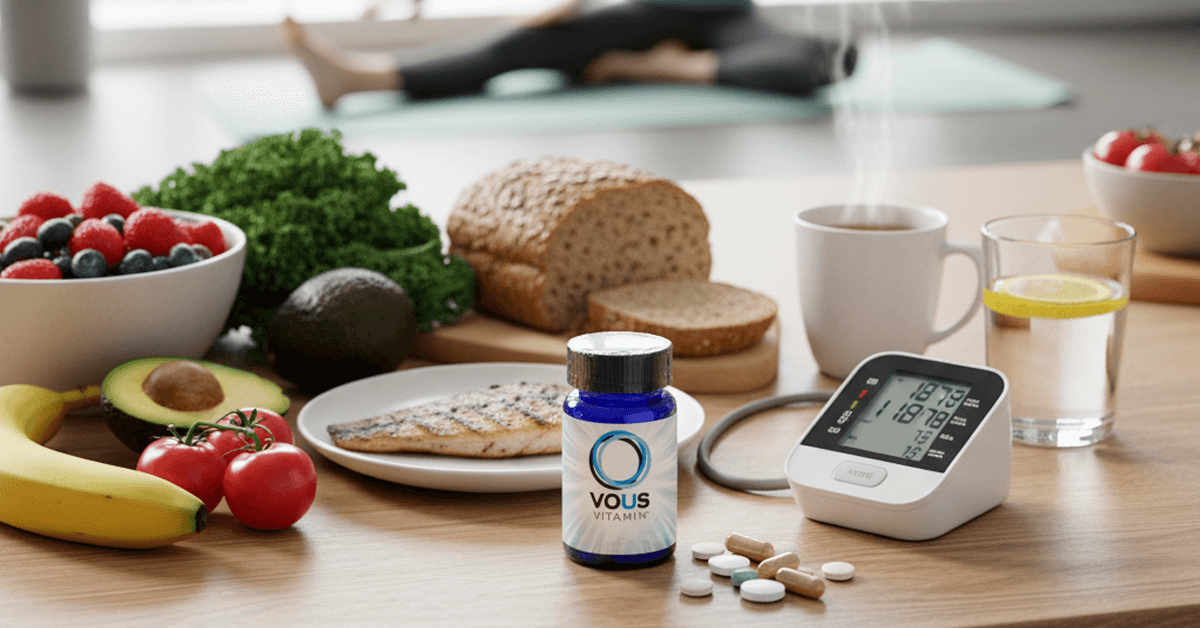

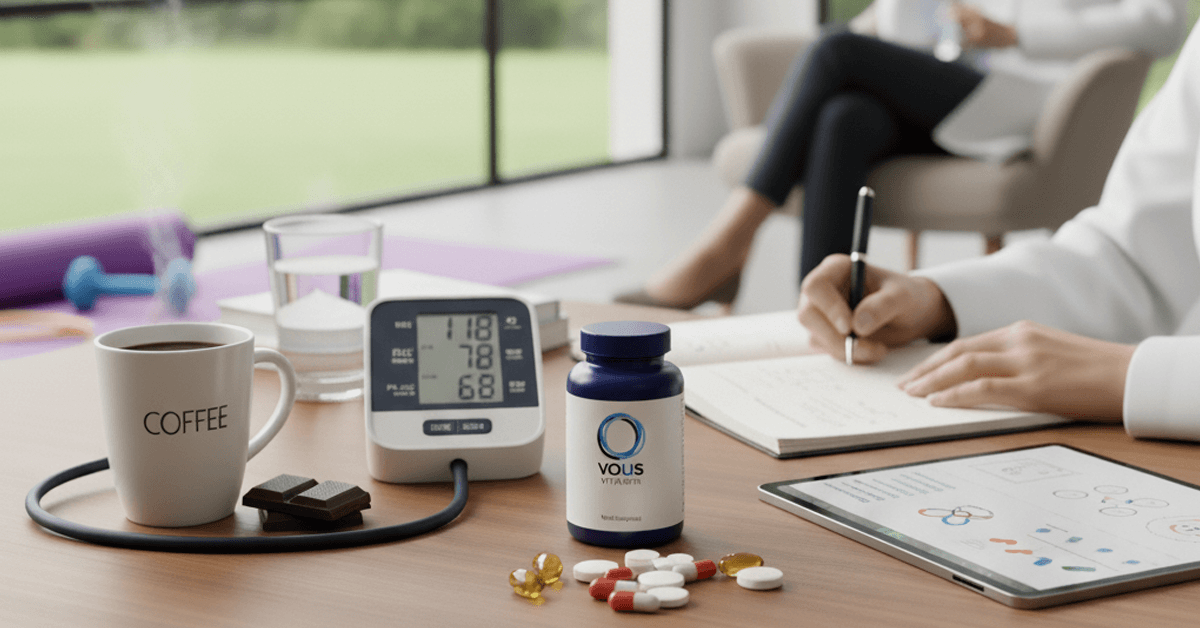

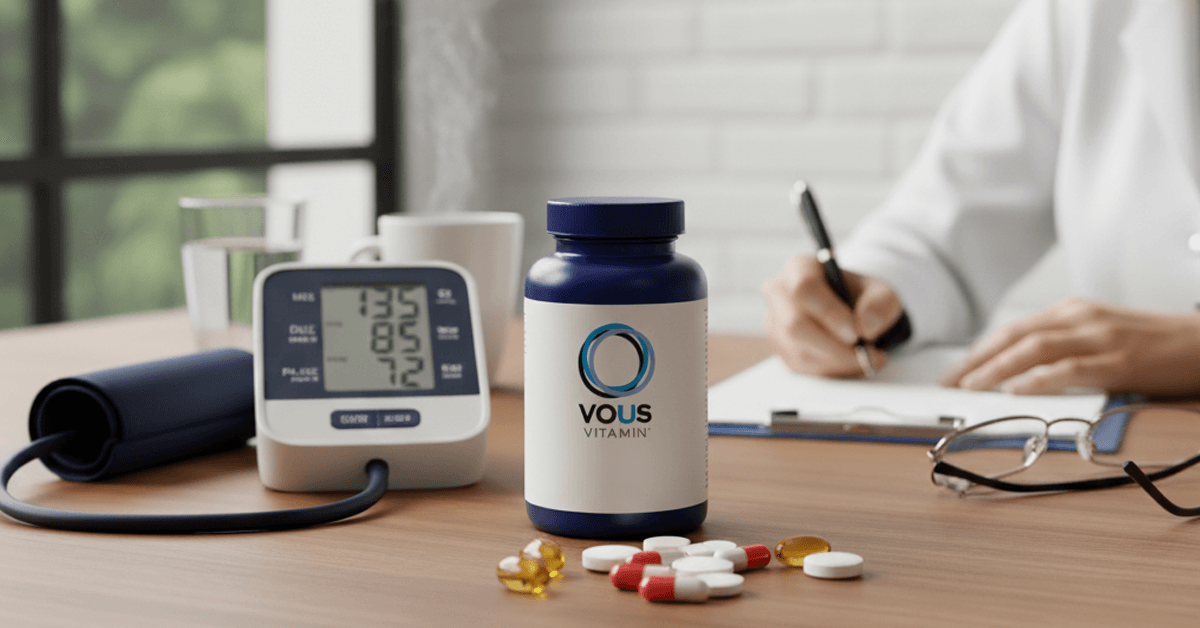



There is no doubt genetics play a role in the world of cholesterol. Some people just have lucky genes. Many of us have to fight


Dietary changes can go a long way for blood pressure reduction. Reducing sodium can be highly effective for some people. However, some people are more


We would like to delve into some of the more natural ways one can tackle blood pressure and hypertension. These techniques are useful at any


High blood pressure is such a common problem among adults. That being said, it is not a condition that is as readily treatable with vitamins
| Cookie | Duration | Description |
|---|---|---|
| cookielawinfo-checkbox-analytics | 11 months | This cookie is set by GDPR Cookie Consent plugin. The cookie is used to store the user consent for the cookies in the category "Analytics". |
| cookielawinfo-checkbox-functional | 11 months | The cookie is set by GDPR cookie consent to record the user consent for the cookies in the category "Functional". |
| cookielawinfo-checkbox-necessary | 11 months | This cookie is set by GDPR Cookie Consent plugin. The cookies is used to store the user consent for the cookies in the category "Necessary". |
| cookielawinfo-checkbox-others | 11 months | This cookie is set by GDPR Cookie Consent plugin. The cookie is used to store the user consent for the cookies in the category "Other. |
| cookielawinfo-checkbox-performance | 11 months | This cookie is set by GDPR Cookie Consent plugin. The cookie is used to store the user consent for the cookies in the category "Performance". |
| viewed_cookie_policy | 11 months | The cookie is set by the GDPR Cookie Consent plugin and is used to store whether or not user has consented to the use of cookies. It does not store any personal data. |